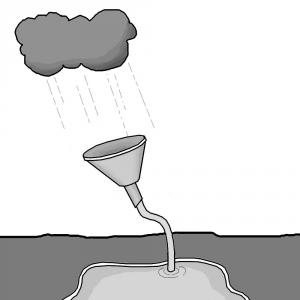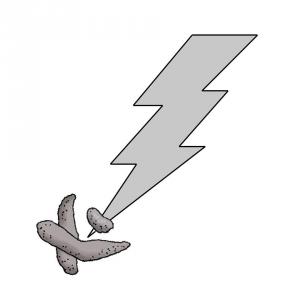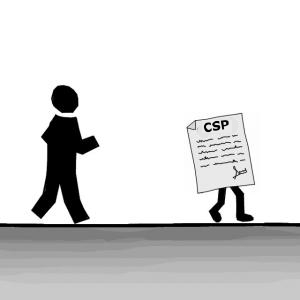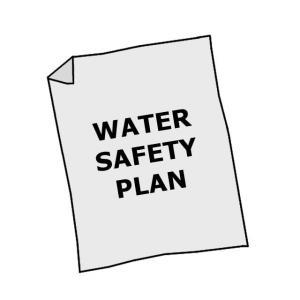Improving water and sanitation services provided by public institutions and utilities
Providing essential services, including water and sanitation, is a serious and challenging responsibility. Entrepreneurs who bring affordable solutions can help official and private service providers, including NGOs, to improve services on which everyone – especially those with small budgets – depend.
To do this, you have to be able to work in large and complex environments. Public, private and state-owned utilities are not run by one individual. Entrepreneurs need to cooperate with the many stakeholders who research, evaluate, purchase, and use products and services. Second, utilities must reconcile the demands of their customers and the demands of public and regulatory authorities or donors. Service providers are often sandwiched between bottom-up (customer) and top-down (politicians or donors) interests. Third, deficiencies in water supply and sanitation are relatively easy to detect, but solutions may require interventions that are political and social as well as technical and financial. Because complex environments generate opportunities, however, entrepreneurs who can operate in them flourish.
At a simpler level, water and sanitation entrepreneurs can also fill gaps in services or deliver services at lower cost.
- Hardware
- Software
- Sections
- Technologies and solutions to overcome shortages and pressure on resources
- Tools to reduce the cost of services
- Tools to understand and partner with institutional customers

















